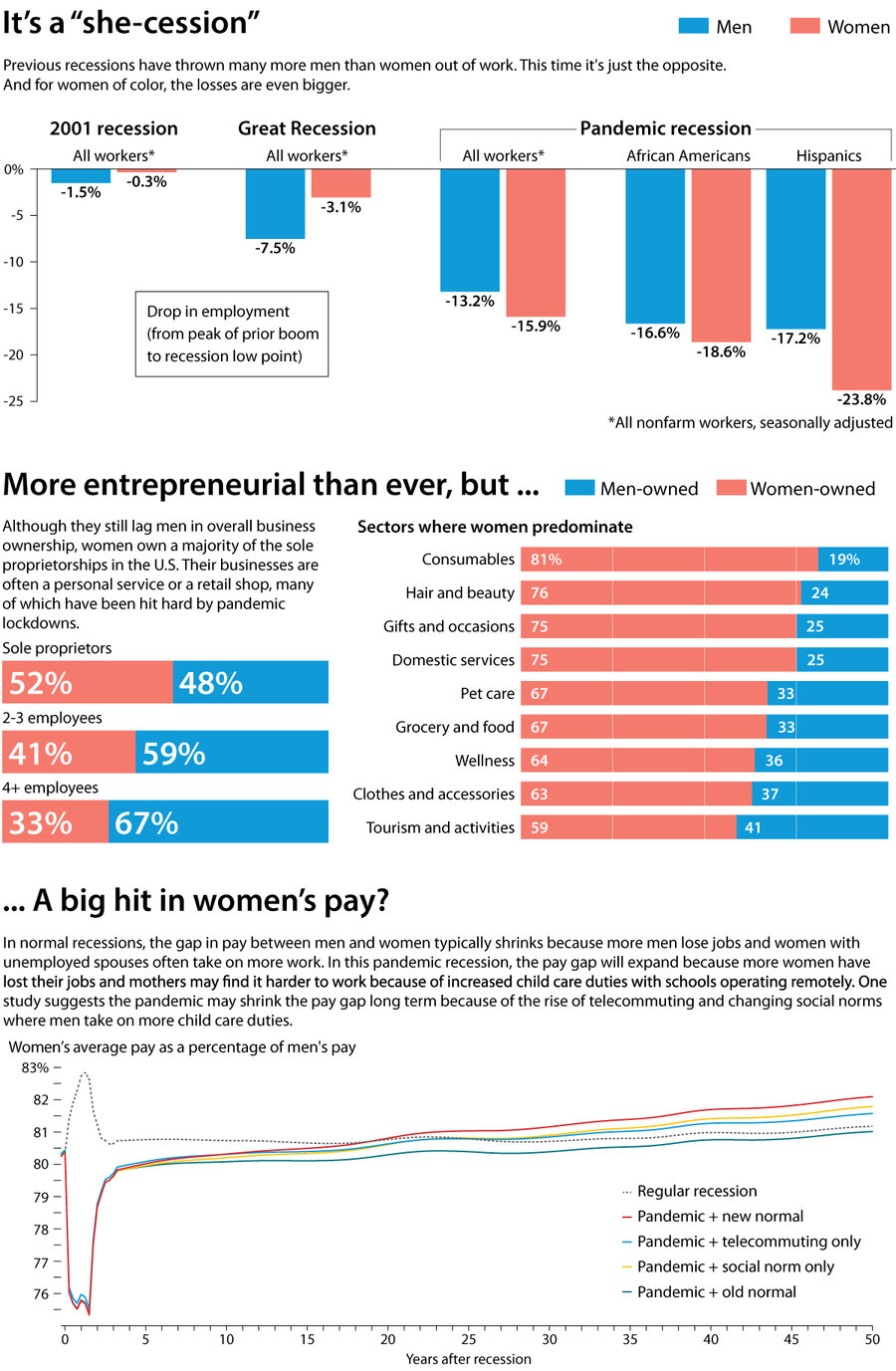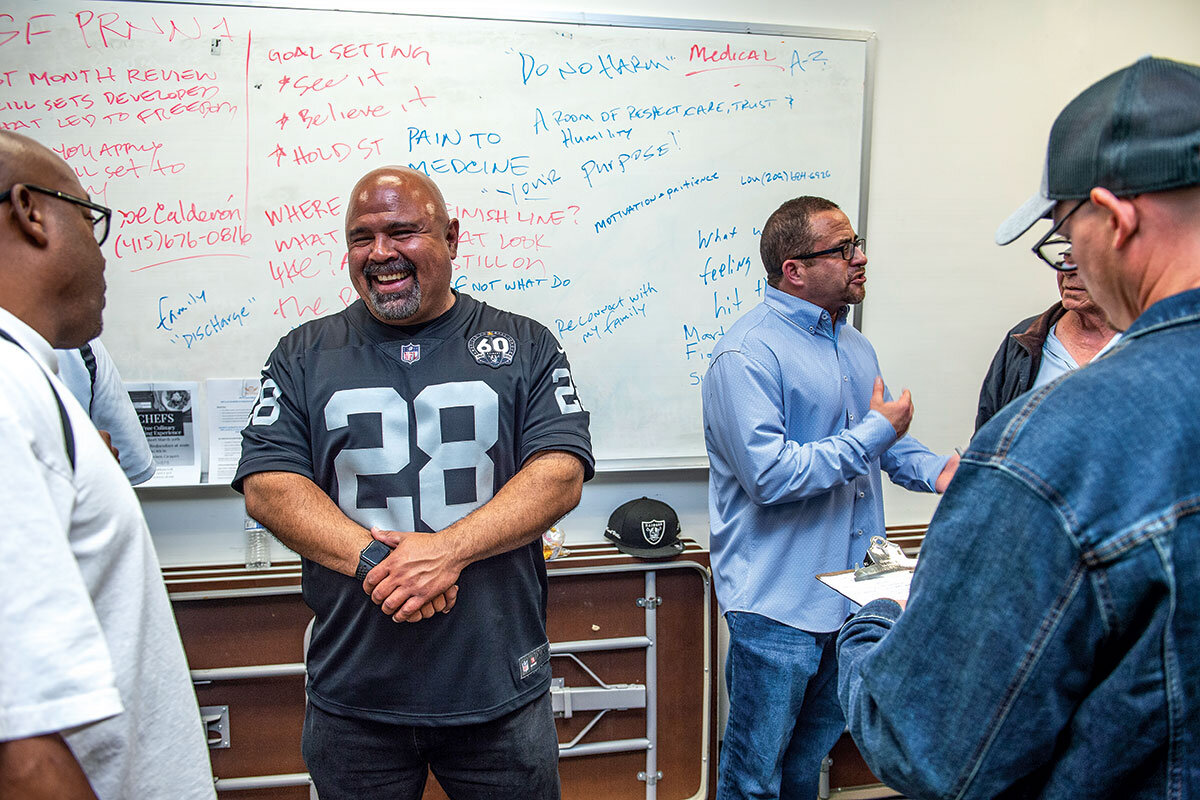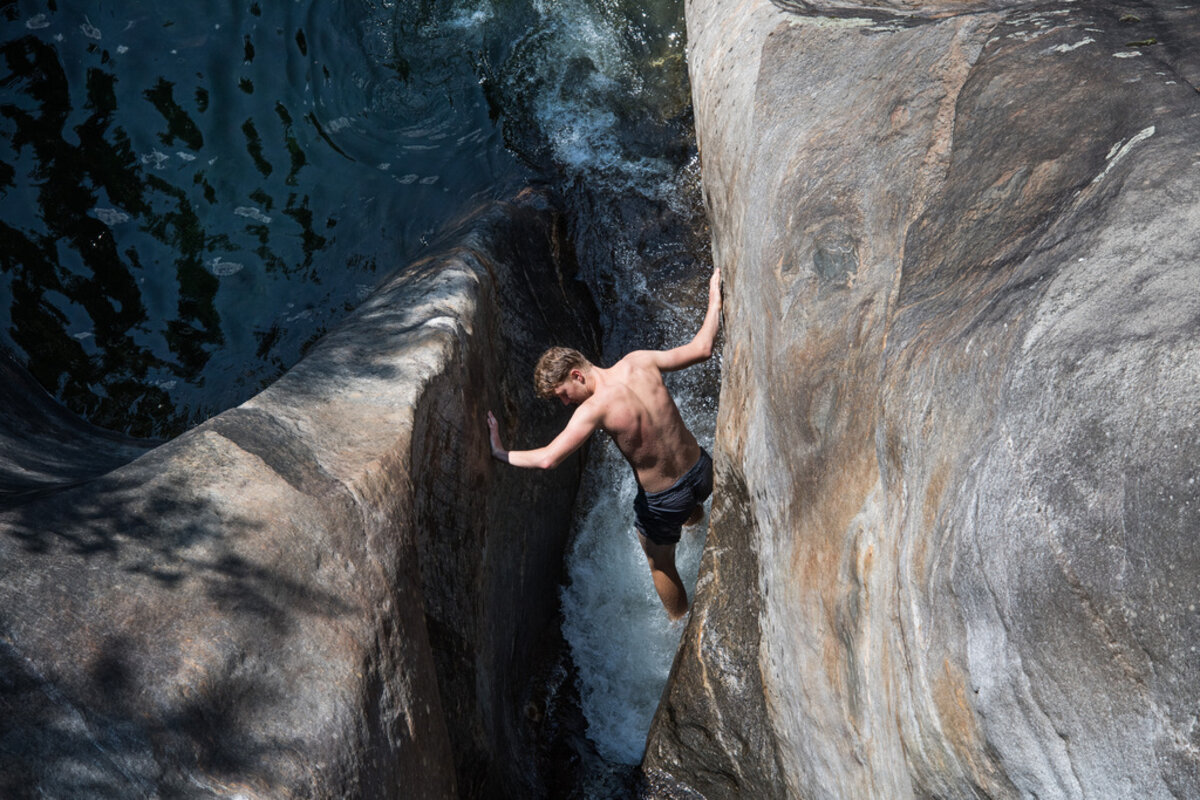Progress toward peace in the Middle East has been an elusive goal for many U.S. presidents, and Donald Trump’s unconventional approach, including the use of his diplomatically untested son-in-law, has had many doubters.
Monitor Daily Podcast
- Follow us:
- Apple Podcasts
- Spotify
- RSS Feed
- Download
 Peter Grier
Peter Grier
On Thursday President Donald Trump used the one neat trick he often employs to say things he wants to be able to distance himself from later, or even disavow.
Scholars call the trick “paralipsis.” At its most basic it goes, “I’m not saying it. I’m just ... saying. That’s what I’ve heard.”
President Trump used paralipsis this week to make a false “birther” charge reminiscent of his untrue insinuations in 2016 that Barack Obama wasn’t born in America.
Speaking with reporters, Mr. Trump said that presumptive Democratic vice presidential nominee Kamala Harris might not be eligible to run because her parents were immigrants.
“I heard it today she doesn’t meet the requirements,” Mr. Trump said. “I have no idea if that’s right,” he added.
This is erroneous. Senator Harris was born in California. Under the Constitution, all children born on U.S. soil are Americans.
Mr. Trump has used “I’m just saying” paralipsis throughout his public career, to spread false information while trying to avoid consequences.
Dr. Jennifer Mercieca, a professor of rhetoric at Texas A&M University, has for years been studying the ways politicians use popular desires and prejudices to appeal to voters. In Mr. Trump, as she details in her new book, she sees someone who uses these rhetorical tools to powerful effect.
Traditionally, paralipsis et al. have been divisive strategies, used to sway voters without resorting to eloquence or reasoning through different policies. Voters need to weigh that background carefully as the cacophony of the 2020 campaign intensifies.
“The thing we can do is point them out and let people decide. It’s important for all of us to be umpires,” Dr. Mercieca says.










